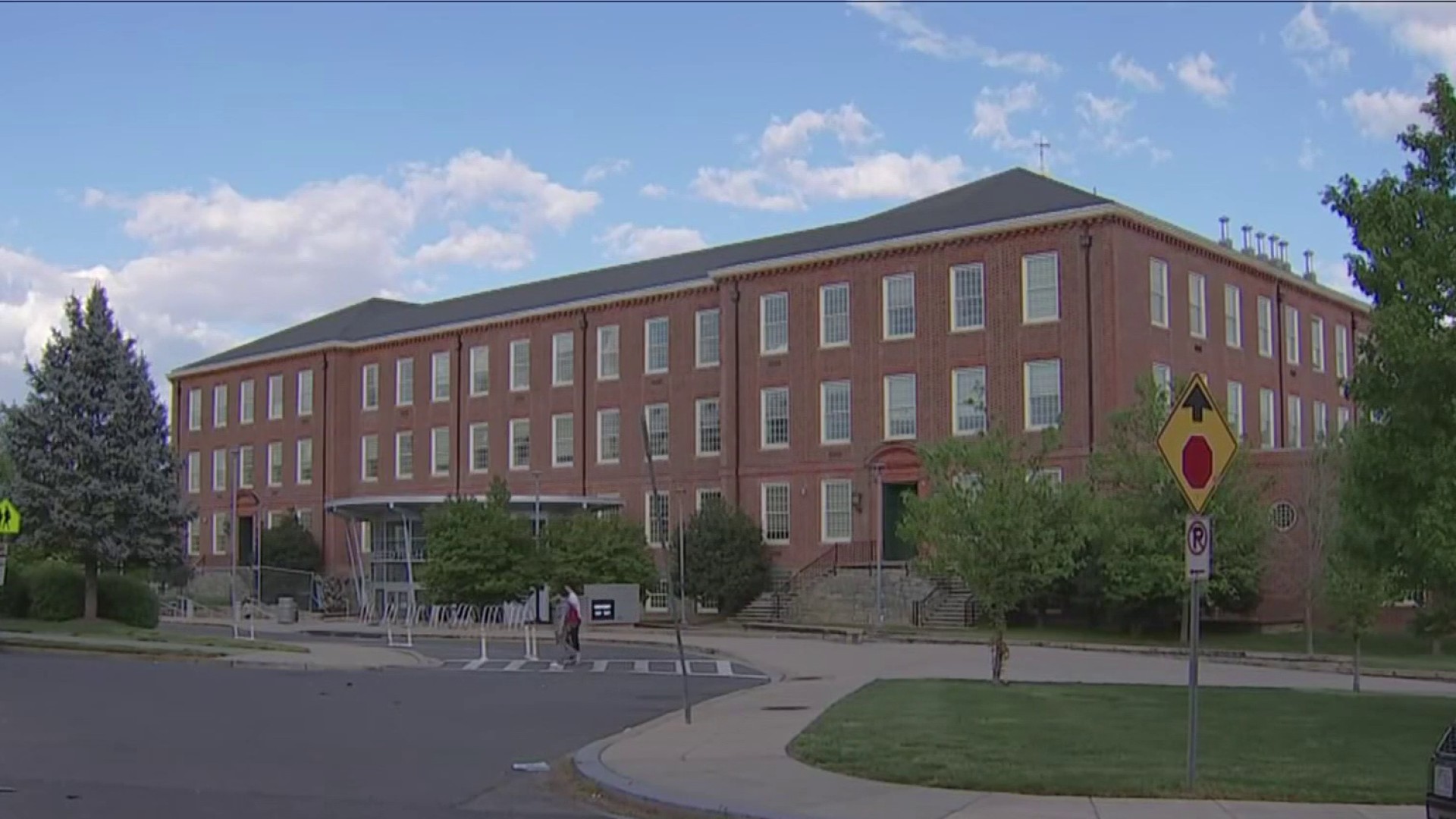Once about 6,000 federal prisoners walk out of prison, where do they go?
The issue -- raised by the release of the first of 13,187 prisoners this week as part of the reduction of long federal drug sentences nationwide -- is tough enough for most prisoners. But for immigrants, the issue is even more difficult.
One Maryland law enforcement official said he's concerned. And, he said, any undocumented prisoners should be deported.
Frederick County Sheriff Chuck Jenkins has written on a local website that the mass release could affect his county, about 90 miles away from a federal prison where some of the inmates had been housed.
"They've served their sentences. They should be deported back to their countries," Jenkins said. "These are felonies," Jenkins said. "You don't do federal time for misdemeanors and non-serious crimes."
But advocates of sentencing reform stressed that these prisoners are missing pieces of their communities.
"These are mothers, fathers uncles aunts cousins of ours that live in our community, who have done their time," said Flavia Jimenez of the Advancement Project.
Local
Washington, D.C., Maryland and Virginia local news, events and information
Her group is advocating that judges review the cases of undocumented immigrants who are being released, to see if there is any way the immigrants should stay in the country and safety return to their communities.
The prison release is part of an attempt to lessen overcrowding and ease tough penalties that non-violent drug dealers received beginning in the mid-1980s.
Last year, the U.S. Sentencing Commission, an independent judicial agency, reduced the sentences for many non-violent drug crimes, and agreed to the new penalties being applied retroactively. Inmates sentenced under the old guidelines became eligible to apply to judges for the reductions, but their releases were delayed so that the Bureau of Prisons could prepare. No prisoners were to be officially freed from custody until now, causing a bubble in the number of prisoners being released.
The 6,000 are the first of 13,187 prisoners whose applications have been approved. Texas is the state with the highest number of reduced sentences. Up to 46,000 prisoners could eventually be released early.
Kevin Ring, the director of strategic initiatives at Families Against Mandatory Minimums in Washington, D.C., said the prisoner releases were part of a shift toward shortening sentences for non-violent drug offenders who could be better off getting drug treatment and jobs.
Congress has been considering bills that would reform mandatory minimum sentencing. States, meanwhile, have already been passing sentencing reform and reinvesting money spent incarcerating non-violent drug offenders in prison programming or law enforcement needs, he said.
"But either way thinking they can get a bigger bang for their buck doing those types of things instead of just building more prisons and holding more non-violent offenders," he said.
The reductions are very modest, averaging less than two years for most people, and sentences for drug offenders in the United States remain long, he said.
Federal prisons are at about 40 percent over capacity and for drug offenders who need treatment, that means long waiting lists. Inmates often do not get treatment until just before they are released, he said.
"It's another reason why we want to get the population at a more reasonable level,” he said.
Proponents of reducing the number of Americans in prison got support from an unexpected corner last week — the newly created Law Enforcement Leaders to Reduce Crime and Incarceration. The group, which met with President Barack Obama, is made up of 130 police chiefs, sheriffs and prosecutors and includes the police chiefs in Chicago, Los Angeles, New York City and Washington, D.C.
Sending too many people to prison for drug and non-violent offenses can start a cycle of incarceration and waste money that could be focused on violent criminals, the group said.
“Incarceration turns people’s lives upside down, hurts the communities they belong to, and costs taxpayers an astonishing $80 billion per year — all while doing little to reduce crime,” it said in its statement of principles.
But a second group of law enforcement officers, the National Association of Assistant United States Attorneys, in a July report criticized proposed sentencing reforms.
“These legislative proposals, including one euphemistically named the ‘Smart Sentencing Act,’ would slash federal minimum sentences for trafficking in all dangerous drugs by at least half and would make thousands of federal prisoners convicted of serious drug trafficking crimes eligible for early release without regard to their criminal history, violent background, or ties to gangs, drug trafficking organizations, or even international drug trafficking cartels,” it wrote in “The Dangerous Myths of Drug Sentencing ‘Reform.’”



